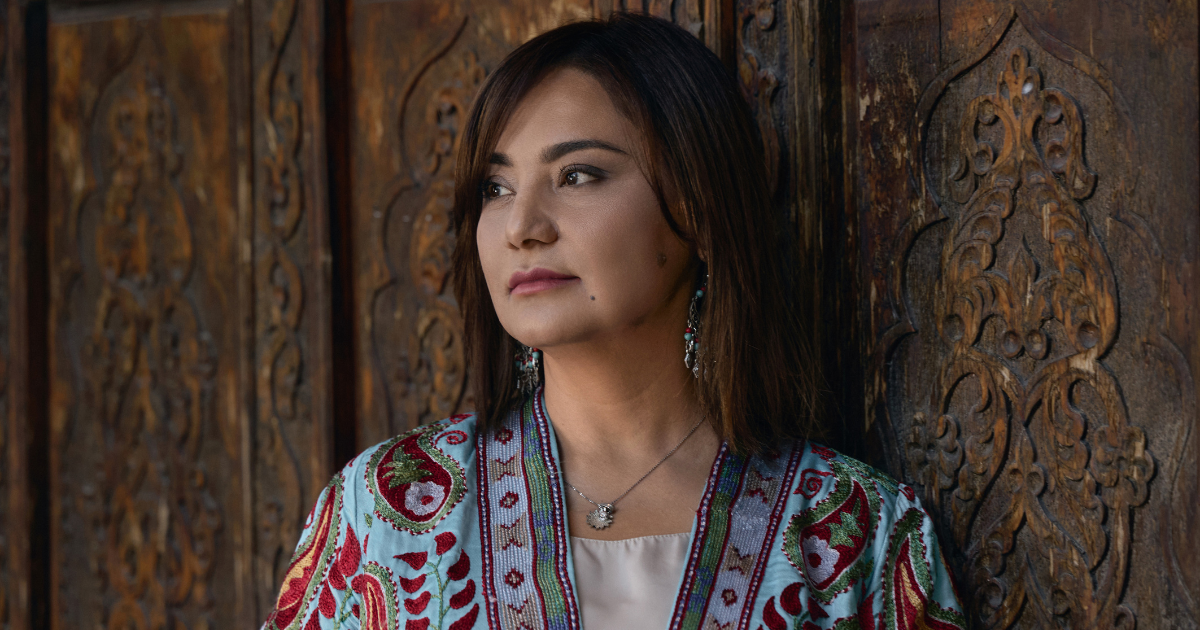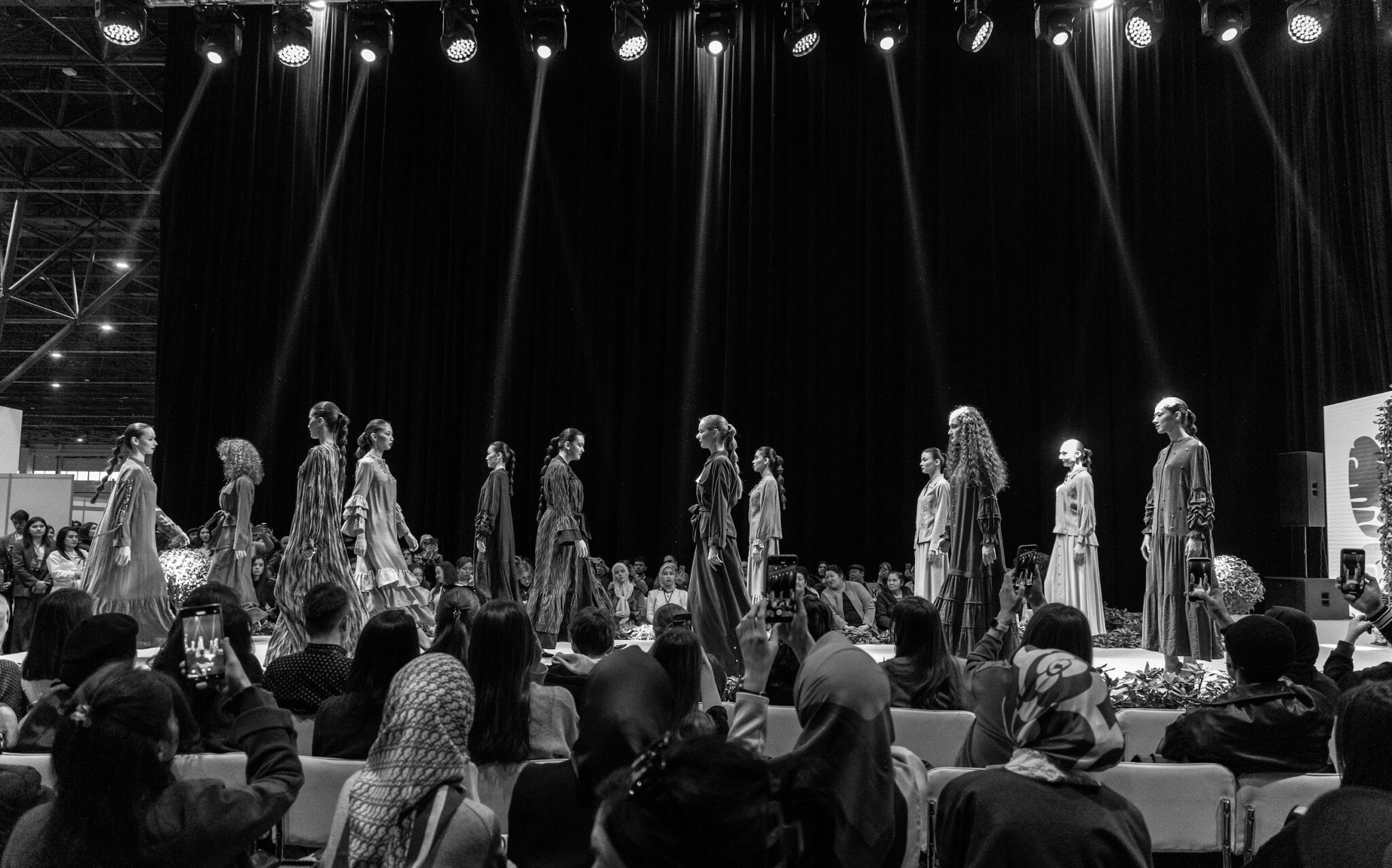Urban Forum
The first Central Asian urban forum
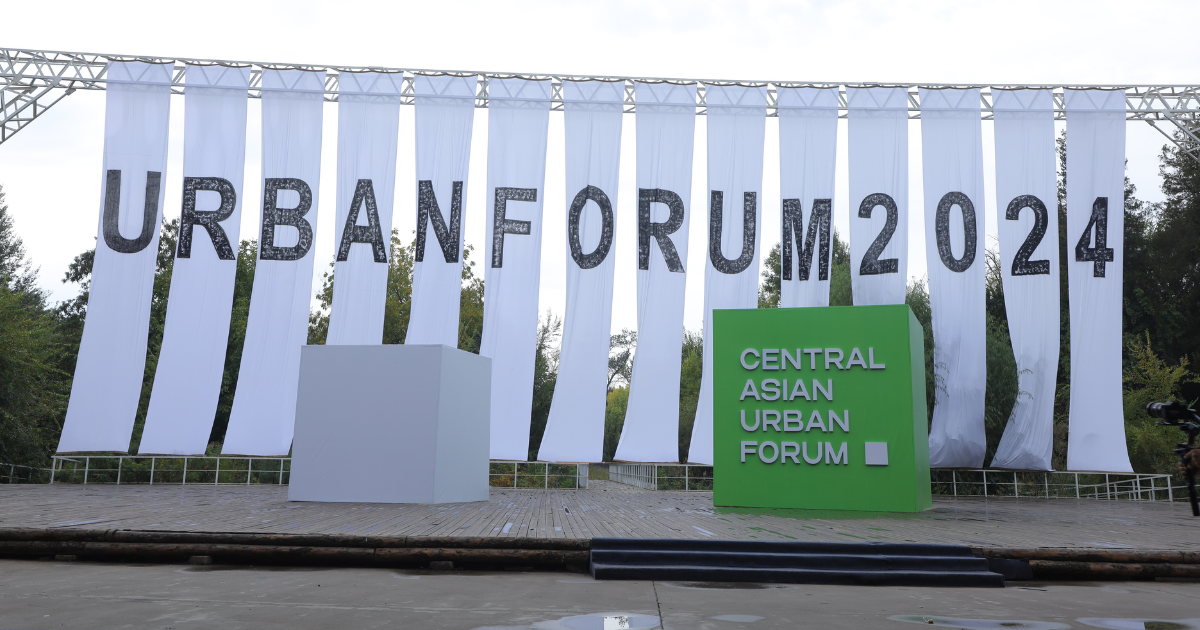
On September 26, the Association of Young Architects of Uzbekistan held the first Central Asian Urban Forum, which brought together designers, architects, and urbanists from neighboring and distant countries. The event took place in the botanical garden of the capital. Among the speakers were professionals from cities in Kazakhstan, Kyrgyzstan, Tajikistan, and Uzbekistan, as well as contributors to the publication “100 Women Architects in Practice” by the Royal Institute of British Architects, major development companies, and design bureaus.
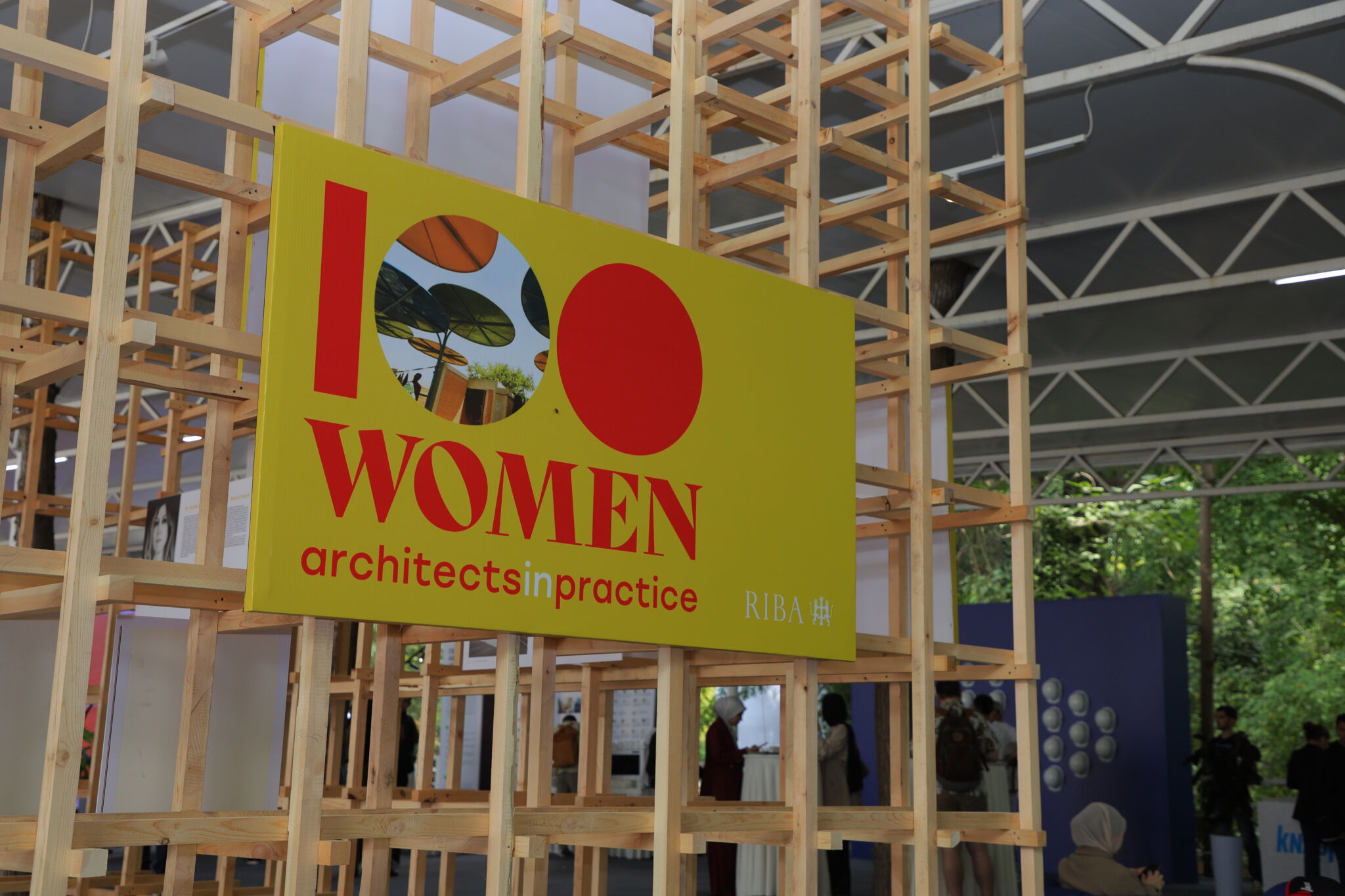
photo: press service of Central Asian Urban Forum
"As a young community of professionals, it is important for us not only to highlight industry problems in the media and public events. We want to become part of the urban environment, showcase the potential of our community, and unite participants with similar views around pressing issues of gender equality," said Tahmina Turdialieva, head of the Association of Young Architects of Uzbekistan and founder of the architectural studio "TataLAB."
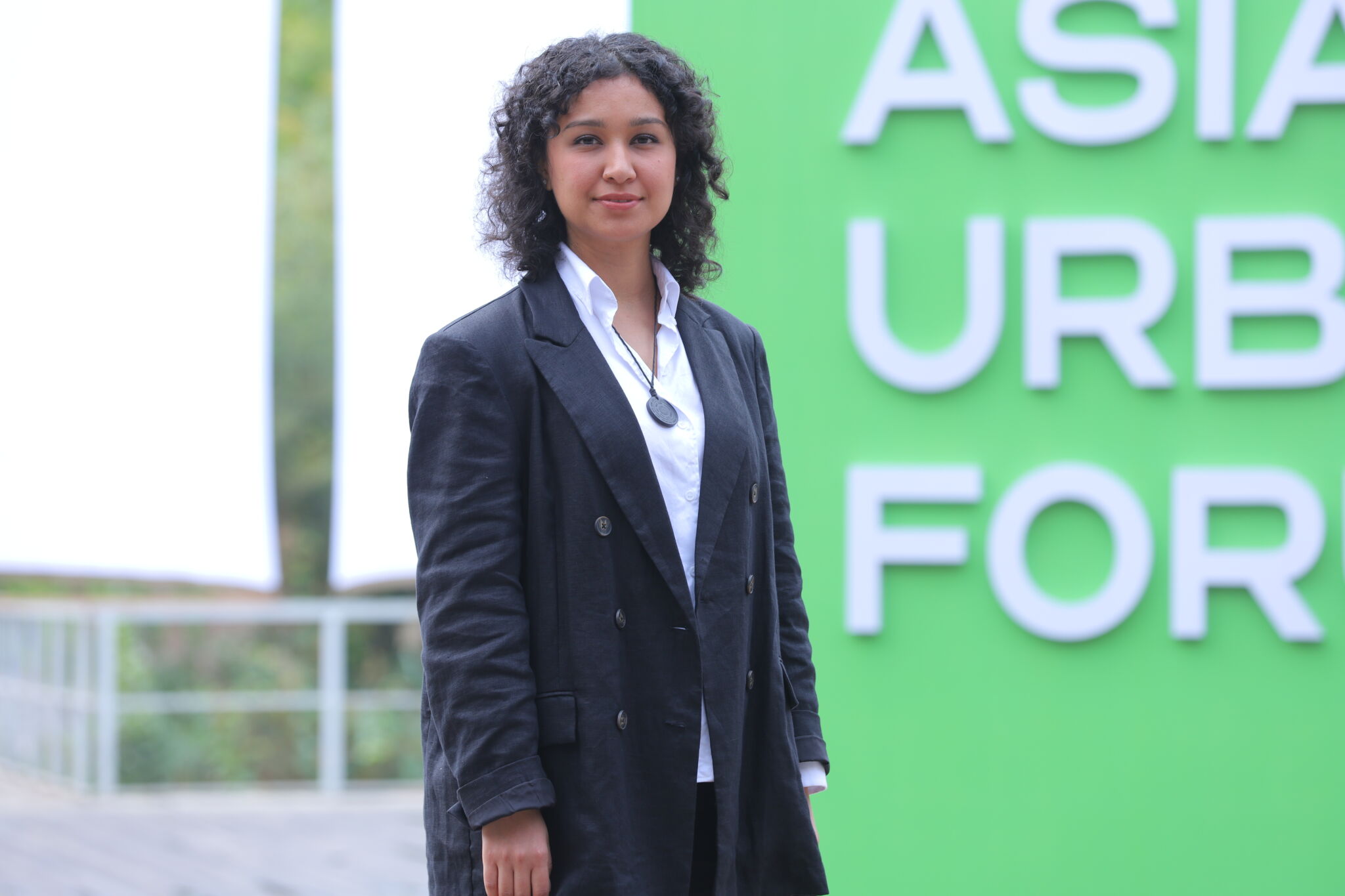
photo: press service of Central Asian Urban Forum
The forum's main goal was to gather experts to discuss current urban planning issues in Central Asian countries and to initiate practical steps for developing the industry.
One of the key topics of discussion was gender equality and support for women in design and architecture. At the forum, specialists in urban planning, construction, ecology, and digital technologies addressed urban development issues, including transportation infrastructure, housing, and environmental concerns, aspects of economic growth, and ways to improve the quality of life in urbanized areas.
"This forum and its objectives are a significant step towards something great. We have high hopes for democratic dialogue within this region. The speakers emphasized that we shouldn't simply follow Western trends but rather focus on local materials, needs, and the unique features of our urban environments. We are witnessing the emergence of a new trend here in Central Asia—paying attention to the region’s cultural heritage. This area is rich in history and beautiful traditions, and it’s important to preserve and integrate these into modern architectural practices. We are at a pivotal moment where essential steps are being taken to combine cultural heritage, architectural expression, and the integration of digital technologies. In the future, this will serve as an example for other regions," noted Harriet Harris, Naomi House, and Monica Parrinder (authors of "100 Women Architects in Practice").
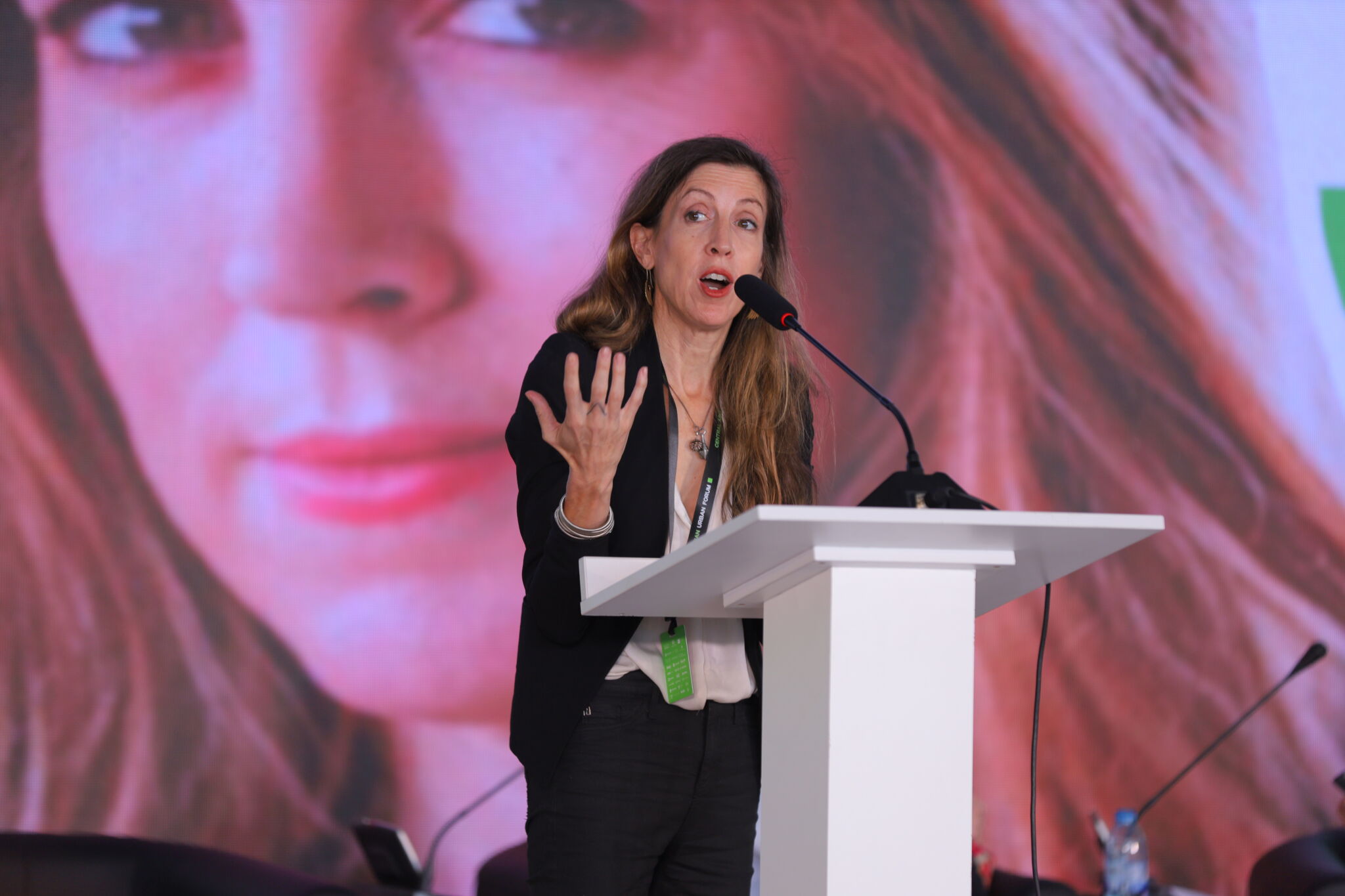
photo: press service of Central Asian Urban Forum
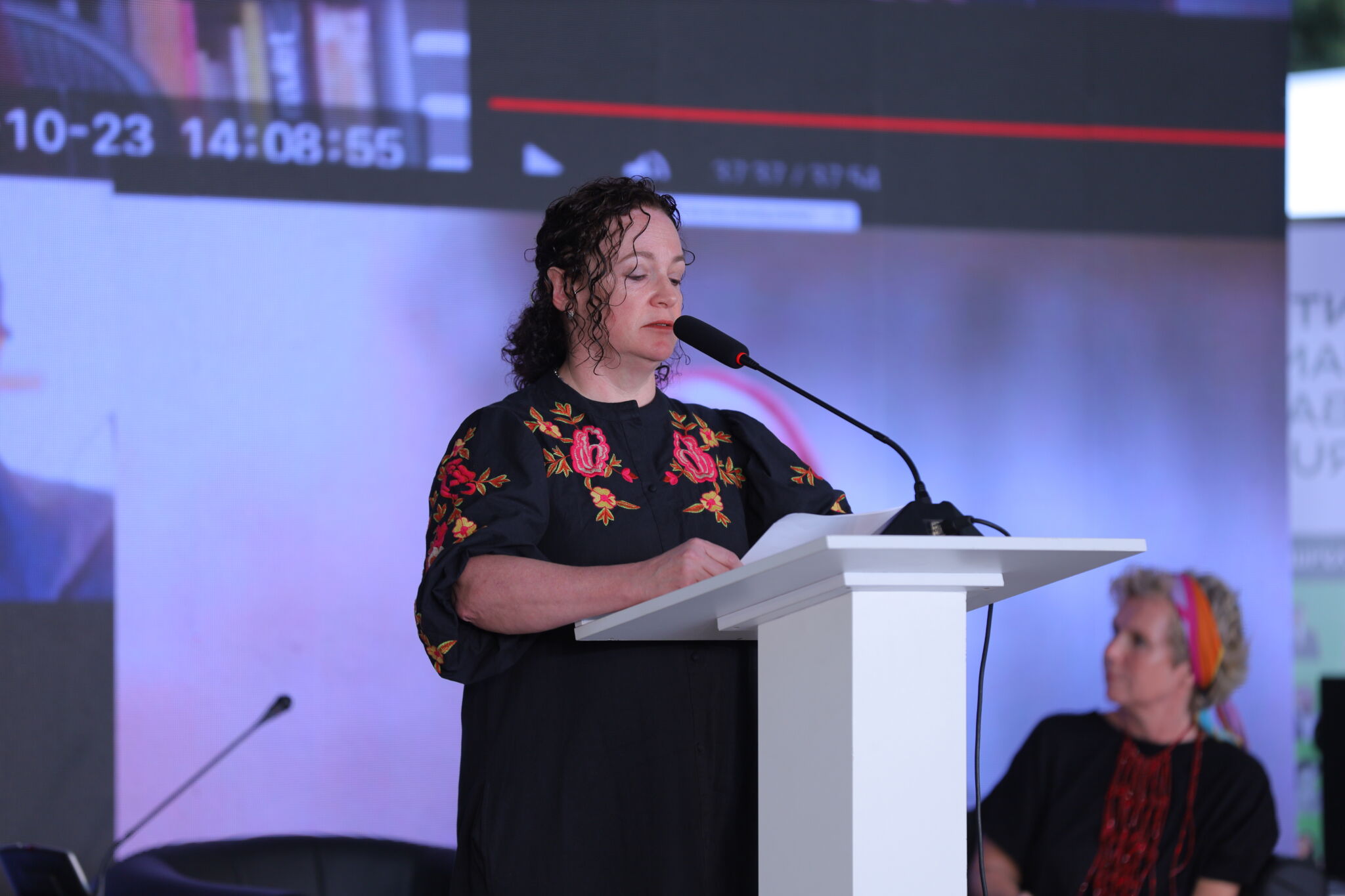
photo: press service of Central Asian Urban Forum
"I think the time has come for our countries to unite. Global changes are happening, and we need to stand together and create such forums. It’s inspiring to see a focus on ethnicity in all areas. This platform, the Central Asian Urban Forum, serves as a business card for our region to other countries. It's important that we also address environmental issues here. I hope that all our neighboring countries will follow the ‘green economy’ and implement more eco-friendly projects. We all bear responsibility for the place where we live and where our children and grandchildren will live. Our region shares a common problem, and it’s great that there are platforms like this where we can come together to discuss and resolve issues concerning the environment where future generations will reside," shared Aizhan Chynybayeva, ambassador of WorldCleanupDayGlobal in Kyrgyzstan and president of EcoDemi.
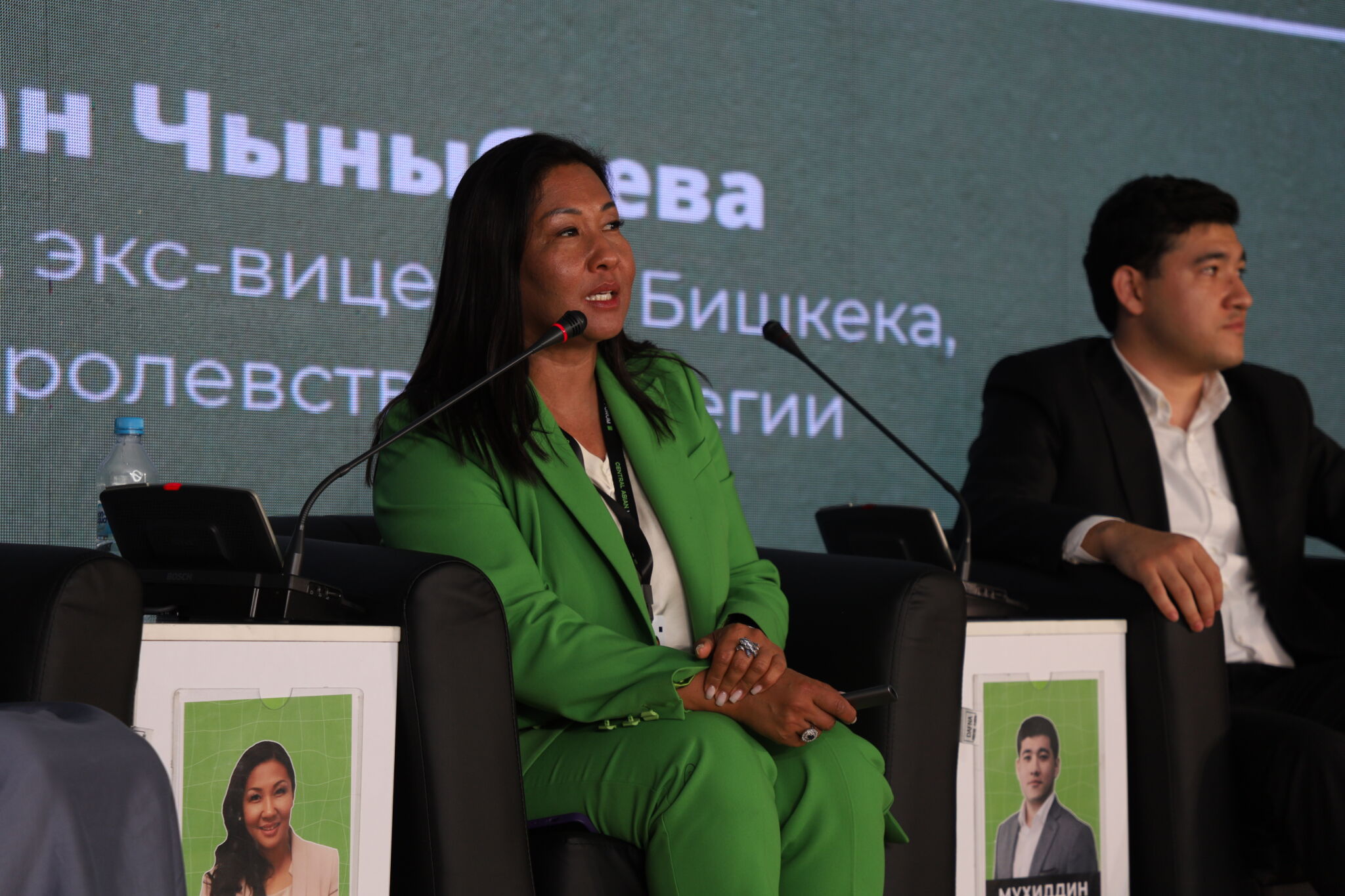
photo: press service of Central Asian Urban Forum
At the end of the forum, a declaration was signed to promote sustainable development principles in urbanization processes, support the "Green Initiative," and adhere to the concept of "smart cities." Additionally, it was decided to strategically use innovative solutions and digital technologies to improve urban resources and enhance inclusivity to ensure equal access to city services and infrastructure.
Central Asian Urban Forum participants sign a final declaration on promoting principles of sustainable urban development.
The Central Asian Urban Forum, held in Tashkent on September 26, concluded with the signing of a final declaration in which participants expressed their commitment to promoting the principles of sustainable development in urbanization processes and strengthening international cooperation.
The declaration, signed by representatives of government agencies, businesses, leading architectural and development companies, as well as international organizations, outlines key directions that should serve as guidelines for the further development of cities in the region.
Among the signatories of the declaration are companies such as "BIGroup," "Eman Materials," "MAFF," "Knauf," CAU, "Amsila" (Tajikistan), the Center for Urbanism in Karaganda (Kazakhstan), LLP "Scientific Research Institute ‘Almatygenplan’" (Kazakhstan), the Association of Young Architects of Uzbekistan, and others.
One of the priorities highlighted in the document is the support for the "Green Initiative," aimed at improving the environmental situation in urbanized areas and developing "smart cities." The participants who signed the declaration committed to promoting the use of advanced digital technologies and innovative solutions for effective urban resource management, as well as to creating conditions for equal access to basic services and urban spaces for the population.
Special attention in the declaration is given to the issues of inclusive development, ensuring the participation of all social groups in the creation of a comfortable urban environment. An important aspect is also the intensification of dialogue between government structures, civil society, and the private sector to coordinate strategies for developing urban infrastructure and improving the quality of life for the population.
The signing of the final declaration marks the first step toward achieving the agreed goals and objectives. The declaration lays the foundation for cooperation and the exchange of best practices in sustainable urbanization, which, as noted by forum participants, is crucial for creating eco-friendly, safe, and harmoniously developing cities in Central Asia.
FINAL DECLARATION Of the Central Asian Urban Forum on promoting the principles of sustainable development in urbanization processes
We, the participants of the Central Asian Urban Forum, held in Tashkent on September 26, 2024, express our commitment to the development of sustainable and eco-friendly cities. Discussing the challenges and opportunities of urbanization in Central Asia, we recognize the need for measures to ensure the long-term sustainability of urban areas and the well-being of their inhabitants.
In this regard, we declare our intention to:
Join the "Green Initiative" — to support the implementation of environmental standards in construction and design, as well as contribute to the protection and preservation of urban ecosystems. We commit to promoting international environmental standards and practices in our activities, including the use of energy-efficient and eco-friendly technologies.
Promote the green agenda in our work by developing and implementing projects aimed at improving the quality of urban environments, including the greening of spaces, the development of sustainable transport infrastructure, and the rational use of water and land resources.
Advance the concept of "smart cities" through the use of innovative solutions and digital technologies to improve urban resource management, increase transparency, and engage citizens in decision-making processes.
Actively participate in international cooperation on sustainable urban development, sharing experiences and knowledge with other regions and countries, and supporting joint projects and initiatives in the field of sustainable urbanization.
Promote inclusive development principles, ensuring equal access to urban resources and services for all population groups, including vulnerable and disadvantaged communities.
Support the development of the "green economy" in cities, contributing to the creation of new jobs in sectors related to sustainable development, such as renewable energy, waste recycling, eco-tourism, and innovative technologies.
Enhance dialogue among all stakeholders — governments, businesses, academia, civil society, and international organizations — to jointly address issues of urbanization and sustainable development.
We are convinced that only through joint efforts and a comprehensive approach can we achieve the sustainable and harmonious development of cities in Central Asia and ensure a comfortable and safe environment for future generations.
This Declaration is not an international treaty and does not create rights or obligations governed by international law.
